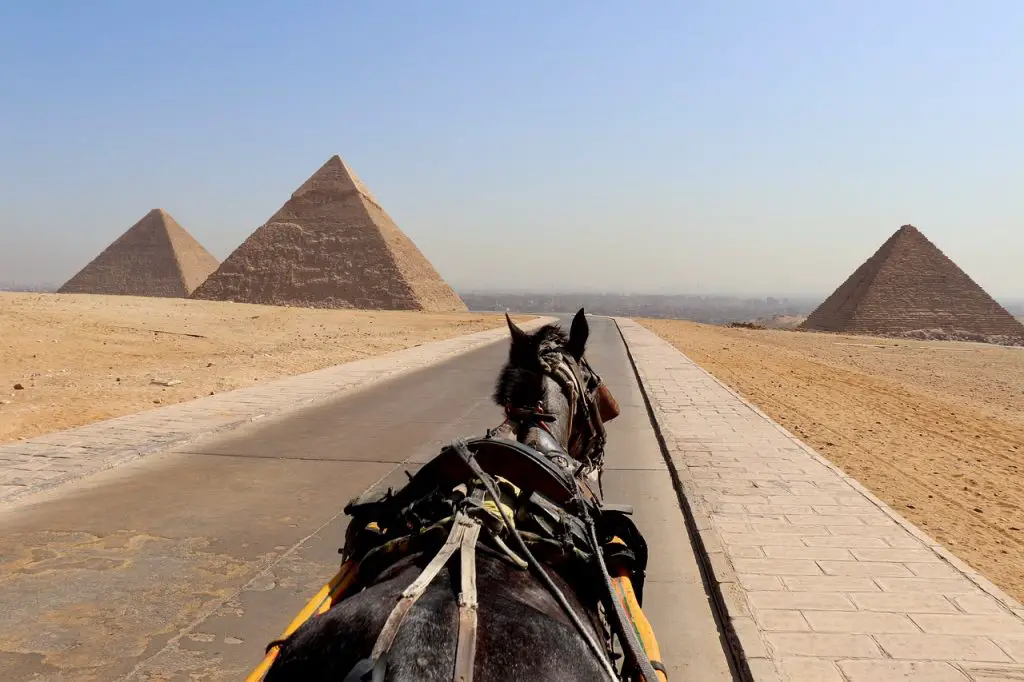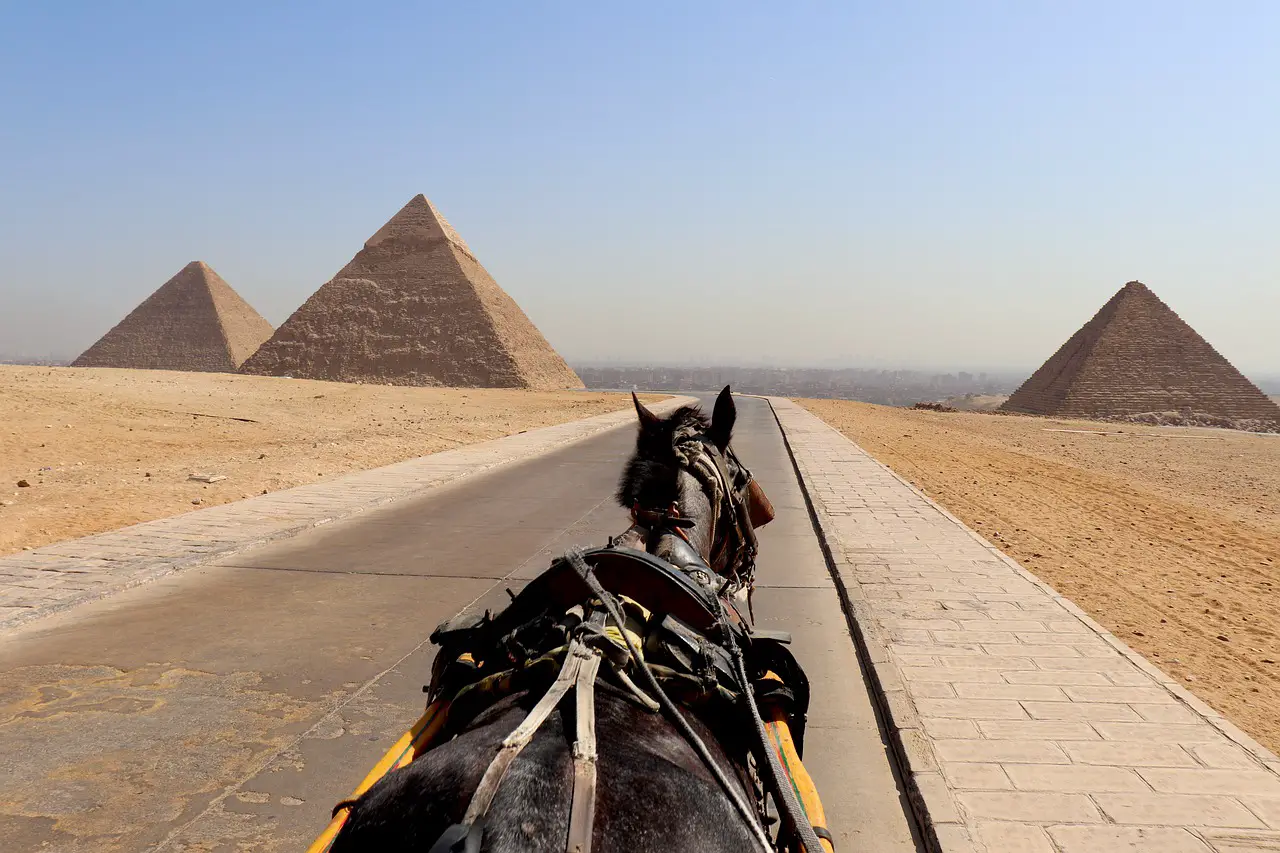Last Updated on March 11, 2022 by Allison Price
Are you planning a road trip with your 1,200-pound friend? These are 13 tips that will help you get your beloved 1,200-pound passenger safely and stress-free.
1. You must ensure your horse is in good health and have proof to prove it.
To ensure your horse is healthy for long trips, a veterinarian should assess him. The Kentucky Horse Council states that you must show proof that your horse has been properly vaccinated and tested. All states require that you have a negative Coggins test, a certificate of veterinary inspection, or a health certificate within 30 calendar days of your travel date.
2. A box stall is a good option for horses.
Horses can be transported safely in either a box stall or a standing stall. However, box stalls are more secure. A UC Davis study found that horses traveling 24 hours on the road in a commercial van take one day (24hrs) to get their white blood cells back to normal for horses in box stalls. Horses that were cross-tied in standing boxes during the trip take longer (an extra day).
3. Avoid dusty bedding
It doesn’t matter how skilled the driver is, it’s not easy to balance on a horse while driving a moving trailer for long periods of time. According to Dr. Hannah Mueller, Cedarbrook Veterinary Care, Snohomish, Washington, bedding the trailer can reduce leg stress. Dusty bedding should be avoided, as it can cause respiratory issues and/or irritation to your horse’s eyes. If dust is a problem, you might consider using a fly mask.

4. Prepare for an emergency
You can’t foresee every situation, no matter how prepared you are. In case of emergency, it’s a good idea for horses to have an emergency kit. It is important to keep it accessible and alert the driver.
5. Weigh your horse
Horses can experience weight loss when traveling, especially over long distances. Horses can lose as much as 5% when they travel for more than 12 hours. This is even in cool weather. The majority of healthy horses will gain that weight in three to seven days after shipping. You can determine the length of time your horse will need to recover from long trips by weighing him before you travel and after you arrive.
6. Plan your route
Before you travel, consider the time and route of your journey. The trailer can get 20 degrees warmer inside than it does outside. This could cause long delays in traffic for horses. Night travel is a good option if the weather is hot. The temperature is cooler and the traffic is lighter.
7. Stand wraps are an option
Bell boots and standing wraps can protect your horse’s legs during shipping. However, UC Davis’s CeH Horse Report warns that they can be a “liability instead of an asset” for horses who aren’t used to wearing them. Wrapping is a good idea. Make sure to adjust the horse to the bandages before shipping. Also, be aware of any irritation or rubs that may occur during transit. You should change your bandages every day.
8. Regularly stop for rest
A road trip should not be complete without stopping at rest stops. According to the Kentucky Horse Council, parking breaks should be scheduled every four hours and last at most 20 minutes. It is recommended that you park in a shaded area with open windows in order to improve airflow. Horses should not be removed from their trailers as they may be frightened by road noises and unfamiliar surroundings.
Horses should be unloaded 12 hours after transport, and kept for eight hours to allow the horse’s respiratory system to recover.
9. Access to hay is free
Although you should restrict or eliminate grains from your horse’s daily diet, it is a good idea to allow horses regular access to their regular hay during transport. You should have enough hay for the whole trip and a few days at the new place. A hay net, feeder, or hay bag should be at least chest high and not within reach of the hoof.
10. Hydrate your horse
Horses should be given water every three to six hour to keep them hydrated. Kentucky Horse Council recommends that you bring water for your horse. Horses will not drink water that smells or tastes strange. You can acclimate your horse to flavor water before you leave if you don’t have enough water. You can add Kool Aid to your horse’s water or Gatorade, which will help prevent water loss.
11. If necessary, avoid the use of electrolytes.
The CEH Horse Report at UC Davis warns that excessive or uncontrolled electrolyte administration can have negative effects on the horse’s electrolyte and water balance. It is not recommended to administer electrolytes to horses prior to long trips if they have a history of dehydration, or have not been drinking regularly in the days preceding and immediately after transit.
12. Avoid shipping fever
Shipping fever can be described as any viral or bacterial respiratory infection that a horse might catch while on the road. It can cause a severe cough and can last several weeks. Dr. Mueller recommends that you make sure your horse is able to drop his head during travel and remove any particulate matter. Shipping with a second horse, as shipping fever can be triggered by stress, is highly recommended.
13. Allow your horse to recuperate.
Your horse will require time to recover from long trips, no matter how far they have traveled. A full day of rest for horses that have traveled six to twelve hours is recommended by the CEH Horse Report at UC Davis. The recovery period for longer distances or trips by plane can take two to three days. If the horse refuses to eat, has a high temperature or exhibits nasal discharge upon arriving at his destination, contact a veterinarian.



